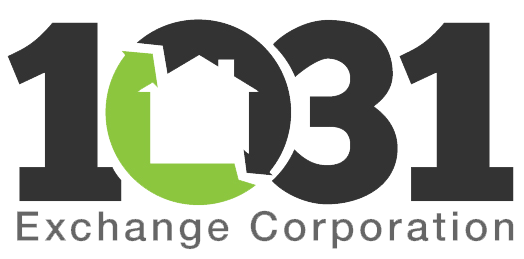Generally, no gain or loss is recognized on the exchange of qualified property if it is exchanged for like-kind property. However, if the exchange is with a related party, the exchange rules are more restrictive.
In 1989 Congress first added additional requirements for related party exchanges. In 2002 additional restrictions were added.
Related parties include certain family members including spouses, siblings, descendants, parents, and grandparents. Collateral relatives including aunts, uncles, and cousins are not related parties for purposes of an exchange. Entities such as corporations and partnerships, are considered related parties if the exchanger owns more than a 50% interest.

The additional requirements imposed by Congress and the IRS are designed to avoid a shifting of basis between related parties thus reducing the tax of the family unit. Basis shifting can occur when low-basis property is exchanged for high-basis property in anticipation of the sale of the low-basis property.
In 2002 the IRS issued revenue procedure 2002-83 which clarified the IRS position regarding related-party transactions. An exchanger may sell relinquished property to a related party if she complies with the two-year holding period. However, the exchanger may not buy replacement property from a related party if the purchase will result in a shifting of basis which results in the family unit paying less tax as a result of the exchange.
If the exchange is valid because there is no shifting of basis resulting in reduced family unit tax, the exchanger must still comply with these additional requirements:
- The exchanger and the related party must both own the property received in the exchange for at least two years; and
- The exchanger, on the tax return for the year of the exchange must disclose the reasons why the primary purpose of the exchange was not the avoidance of tax.
